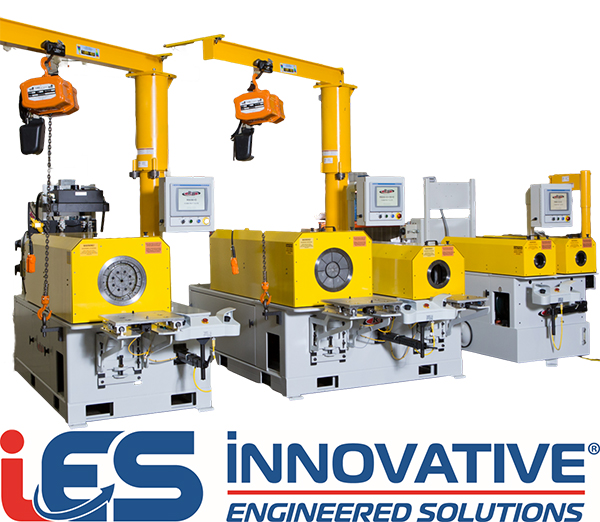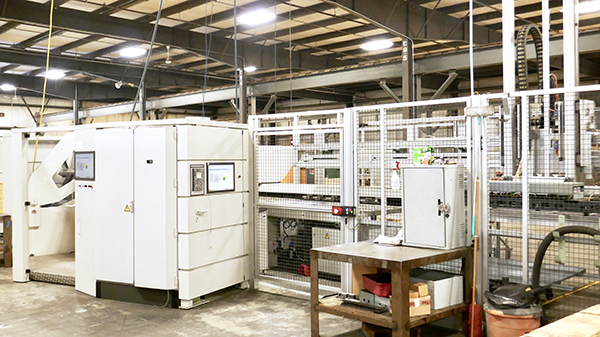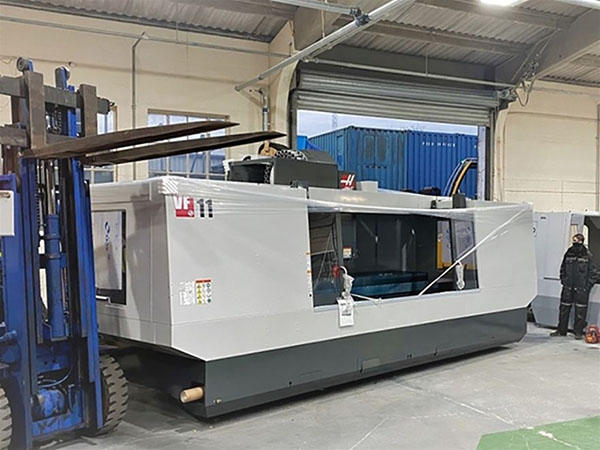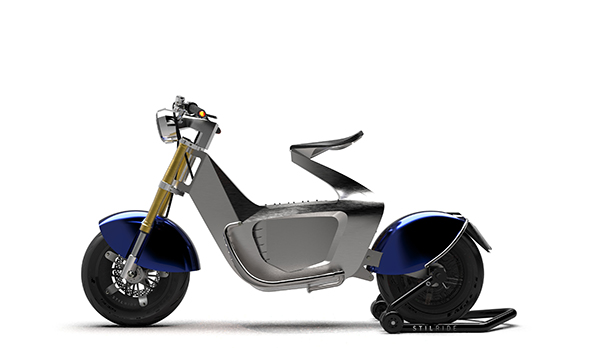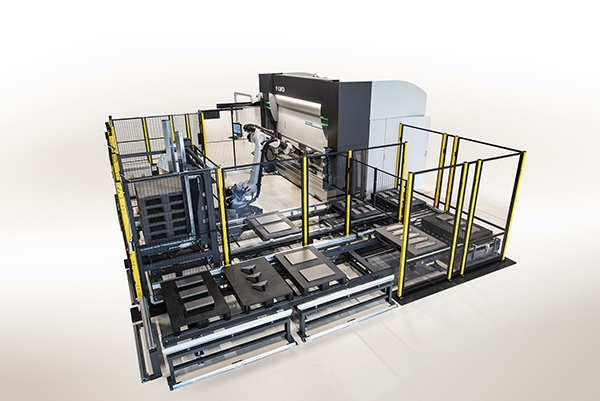
Addison Forming Technologies and Innovative Engineered Solutions Inc (iES) are forming a strategic partnership whereby the former will exclusively distribute and support iES’s product range in Europe and non-exclusively in other regions globally outside of North and South America.
Addison Forming, located in Preston, is a global solutions provider of machinery, tooling, automation, robotics and process support for a wide range of tube-bending and forming applications in the automotive, aerospace and nuclear industries. The company provides a range of all-electric CNC benders with double bending head intended for the 3D bending and curling of tubes and profiles, as well as a range of electric hybrid tube benders. Furthermore, Addison Forming supplies complete turnkey packages and modular cells for high-integrity, volume production.
iES, based in Ohio, USA is a rapidly expanding manufacturer of end-forming machines and tooling for tube-end expanding, reducing, sizing, notching, trimming and perforating. The company is also a supplier of hydraulic and all-electric servo-presses. iES prides itself on its commitment to quality, responsiveness, on-time delivery and complete customer satisfaction.
The new agreement between Addison Forming and iES represents a synergistic partnership for the two companies, whose combined experience in tube forming globally is vast.
Addison Forming Technologies is a part of the Machine Technology Group of Belgrave & Powell, a specialist engineering investment group located in the UK.
For further information
www.addisonforming.co.uk






